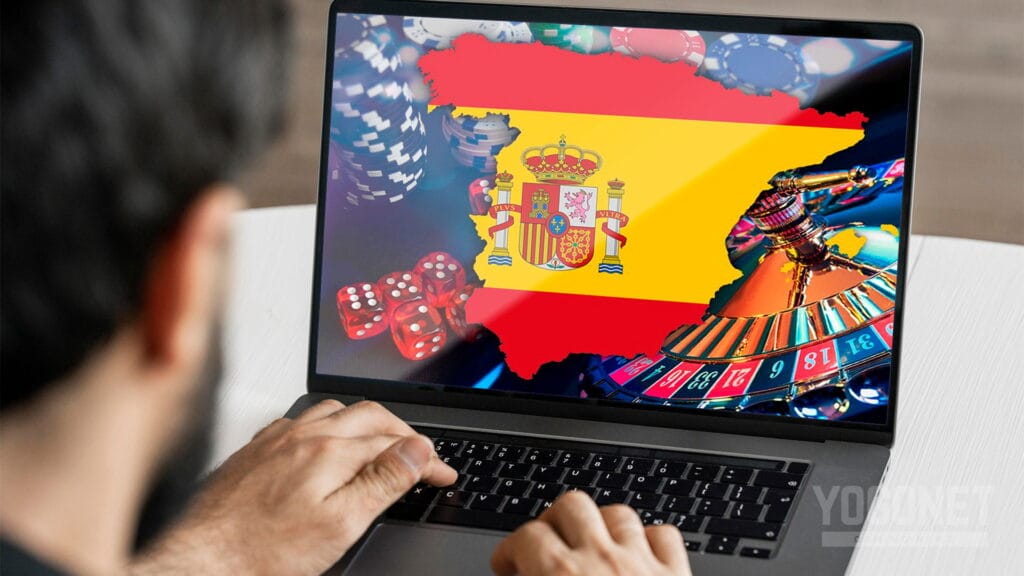×
Hi, I’m Liam Kinsella, a 38-year-old Irishman with a lifelong love for sport and a career shaped by the fast-moving world of iGaming. I’ve spent the majority of my professional life in the industry, working across everything from operations and customer experience to product and innovation. My passion for iGaming was sparked when I was a teenager after attending my first race night at Dundalk Stadium. I’ll never forget the atmosphere, the intensity, and the connection people had to the sport. It was electric.
That night opened my eyes to a world where entertainment, competition, and community all came together. Since then, I’ve worked with some fantastic teams and brands, helping to create engaging experiences that bring that same thrill to players around the globe.
Outside of work, I’m a big sports fan. Rugby, football, racing, even a bit of darts. I’ve also got a soft spot for gardening; there’s something therapeutic about switching off and spending a few hours with the plants. When I’m not outdoors, I’m usually reading - anything from sports biographies to thrillers.
I’m proud to be part of the global tech and gaming space, and I’m always looking for new ways to push the boundaries of what iGaming can offer.















